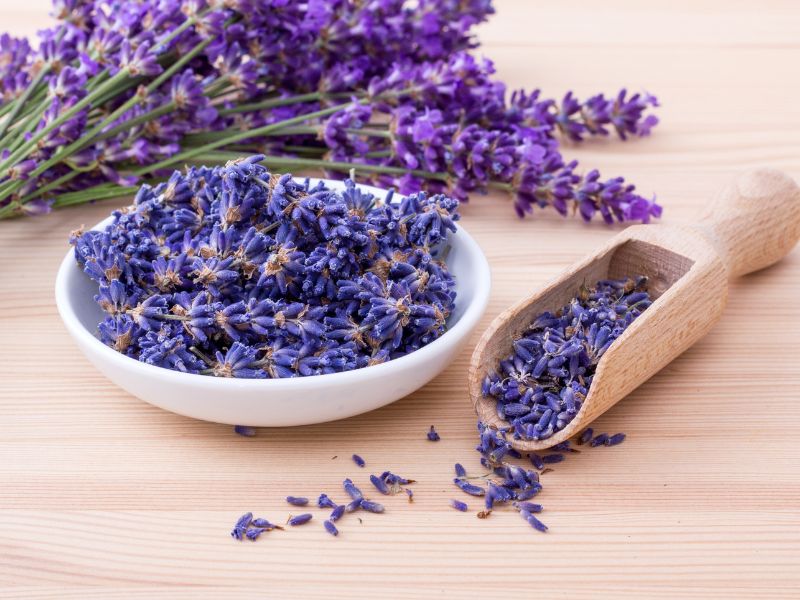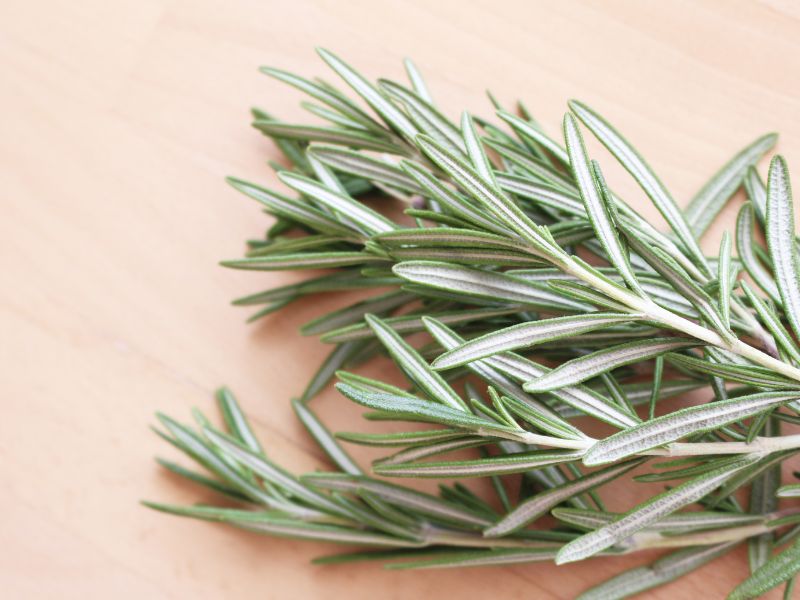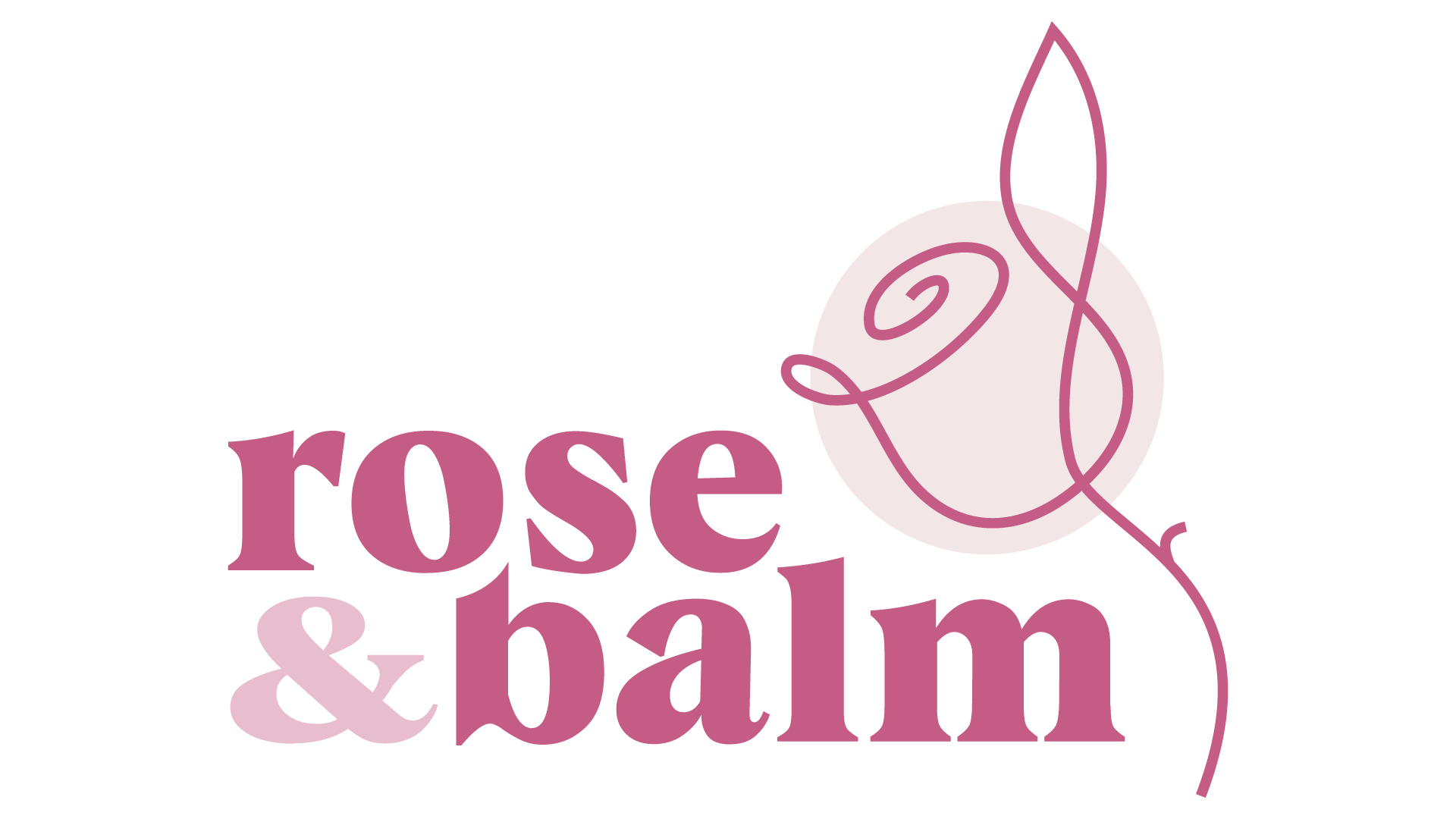Are you struggling with stress-related fatigue? If so, then you need to take action. This article focuses on six excellent herbal remedies that can be part of your action strategy.
Stress-Related Fatigue
Stress is a significant cause of tiredness. Fatigue is more than tiredness; it is where you feel constantly exhausted.
Chronic stress, where stress is ongoing, causes fatigue, cognitive problems, and sleep disruption [1]. Cognition problems include issues such as poor memory and difficulty solving problems.
You can experience stress from your work life or your home life. Poor sleep can further activate the stress response leading to worsening insomnia [2]. It then creates a problematic cycle of stress, fatigue, and insomnia.
Other symptoms of stress can include headaches, digestive issues, heart palpitations, and feelings of anxiety and overwhelm.
Many medical conditions can cause you to feel tired all the time. If you have been struggling with tiredness or fatigue for over four weeks, consult your GP.
What Can Help Stress-Related Fatigue
You need to try and reduce your stress. Can you identify what is causing you stress? Are you able to do anything to reduce it? Perhaps you could speak to your boss or make changes to your priorities.
Taking to steps to reduce stress and increase relaxation is crucial. Make time for relaxing activities such as swimming or yoga and spending time with friends. Look after your physical needs by eating well, staying hydrated, and exercising. You also need to prioritise getting enough sleep and address any sleeping problems.
Best Herbs for Stress-Related Fatigue
Herbs that are useful in stress-related fatigue include herbs that help you to relax. Ensure that you choose gently relaxing herbs and not sedating remedies. Sedating herbs will make you feel more tired.
Other herbs to include are nervine tonics that help to nourish and restore your nervous system. Adaptogen herbs help to build your resilience to stress and help you adapt to stressful events.
I recommend that you always include at least one herb to help with relaxation and at least one nervine tonic to create and balanced remedy.
Lavender (Lavandula angustifolia)
Lavender is excellent at helping to reduce feelings of stress and anxiety. Its uplifting edge helps with low mood with calming qualities that help you relax and unwind. Choose lavender if you are feeling very on edge or anxious. Try lavender if you are prone to anger or irritability. Lavender is helpful for most emotional issues.
It also helps with headaches and migraines related to stress and tension. Gently antispasmodic, lavender eases bloating and muscle spasms in irritable bowel syndrome (IBS). Lavender is also a natural remedy for insomnia.
Add one teaspoon of dried lavender to a teapot to make an infusion. You can drink this throughout the day to relieve nervous tension. Alternatively, drink lavender tea in the evening to help relax and promote sleep.
If you find the flavour overpowering, try blending it with other herbs. Lavender blends well with rose petals for relaxation. It can also work well with oats, rosemary, or vervain.

Rose (Rosa spp.)
Rose is a relaxing remedy that also has an uplifting, strengthening quality. A mild nervine tonic rose helps restore a nervous system exhausted by chronic stress. Rose is a balanced herbal remedy that is relaxing but not sedating.
Cooling and bitter choose rose where irritability or anger is a problem. Rose is perfect when you are holding in your tension. Traditionally used for grief, rose petals can help release emotional tension. They are also helpful when you feel emotionally vulnerable, low, or overwhelmed.
Rose tea tastes quite strong, so you may prefer to blend it with other herbs. It works very well with lavender. Avoid while pregnant.
Rosemary (Rosmarinus officinalis)
Rosemary is a nerve tonic and a relaxing remedy. It helps to lift mood and relieve fatigue. It also improves concentration and memory, making it ideal for exam stress.
Rosemary improves circulation and is anti-inflammatory and antispasmodic. It supports digestion and liver function. Take it for tension headaches and IBS.
It blends very well with lavender and oats. Avoid during pregnancy. Do not take it at the same time as iron supplements.

Oats (Avena sativa)
Herbalists use the seed or green aerial parts of the plant. Oats are the best nervine tonic for a depleted and exhausted nervous system. They can help with anxiety and stress by nourishing, strengthening, and restoring. Oats are an excellent choice for stress-related fatigue and burnout.
Oats work relatively quickly, lifting your mood and making you more resilient to stress. Blend with other more relaxing remedies to help you feel less tense and anxious. You can also use oats for sleep problems, especially waking through the night.
They may be a little too stimulating if you are quick to anger. Vervain is a good alternative in this case. Oats work well with lavender and rose.
Vervain (Verbena officinalis)
Vervain is a very similar remedy to oats. However, it is a little less stimulating and, therefore, not a problem where anger or irritability is an issue. Vervain is a nervine tonic helping to strengthen and replenish a depleted and exhausted nervous system.
Take for stress and overwhelm with low mood. Vervain gently lifts while helping build resilience to stress. As a bitter herb, vervain improves digestion. Very useful when stress is affecting your appetite.
Blend with other more relaxing herbs during times of stress. It will blend well with rose and lavender. For depletion and fatigue, it also blends well with oats. Avoid during pregnancy.
Ashwagandha (Withania somnifera)
Ashwagandha is an excellent nerve tonic for exhaustion. It is a herbal adaptogen and will help support the body’s ability to respond to stressful situations. This extraordinary herbal remedy will help increase energy and improve focus and concentration. Ashwagandha helps with anxiety, overwork, and low mood. It also promotes restful sleep, so use it where sleep problems are an issue.
You can find Ashwagandha as capsules or as a tincture. Use as a stand-alone remedy or take alongside a herbal tea. It works well with many herbal remedies. Ashwagandha can be too stimulating for people who are prone to anger or are very anxious. Take after food to avoid irritation to the stomach lining and stick to the recommended dose. Avoid during pregnancy.
Summary
Chronic or ongoing stress can result in tiredness and fatigue. Making lifestyle changes to improve relaxation and sleep is crucial. Ensure that you also eat well and stay hydrated. Using herbal remedies to help you relax, support your nervous system, and strengthen your resilience to stress can help.
Cautions
Consult your Medical Herbalist, GP or pharmacist before using herbs if you:
- Take any medication
- Have a medical condition
- Are pregnant or breastfeeding
Book your free discovery call to find out more about how herbal medicine can help you
Disclaimer
This article does not substitute for professional medical advice or treatment.


Recent Comments